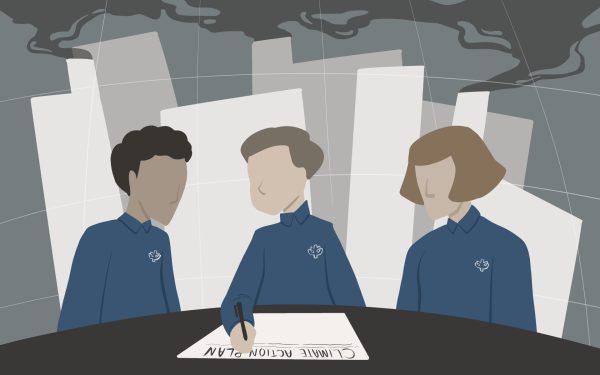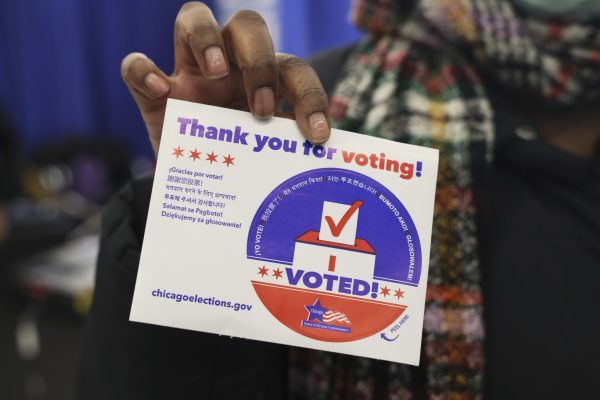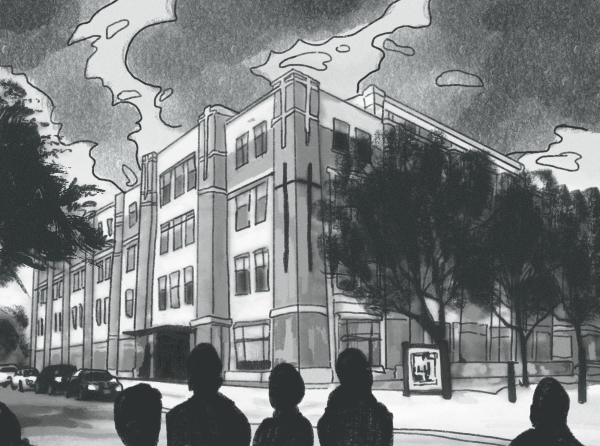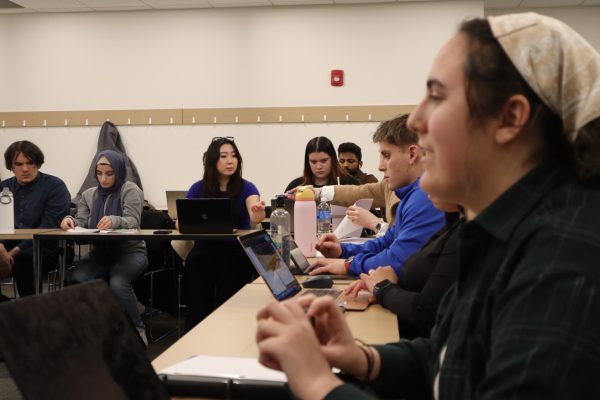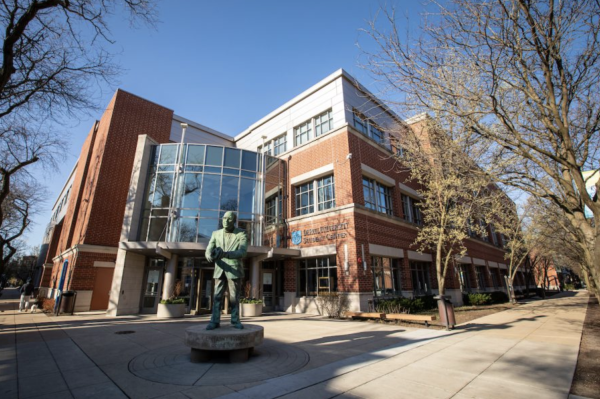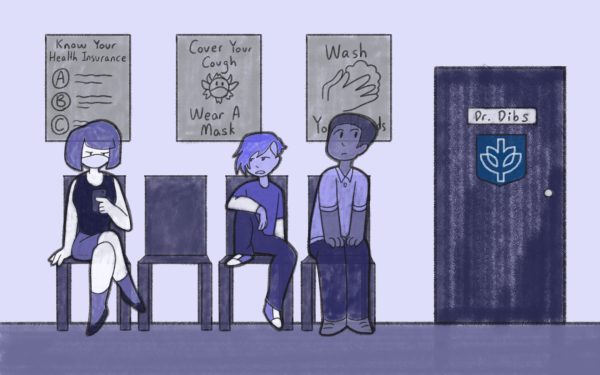Study abroad trip to Israel reviewed following State Department advisory
A few months ago, the United States Department of State Travel adjusted the way that it measures its worldwide travel warning system. Now, those changes in the State Department’s reporting procedure are having effects on some of DePaul’s study abroad programs.
In January the Department of State Travel listed Jerusalem as a level two risk city, putting it at the same level as countries like Saudi Arabia, Spain, Ethiopia and Colombia. Additionally, the West Bank was given a level three risk designation and Gaza was given level four. In response to these updated travel warnings, DePaul’s Office of Study Abroad said it’s immediate obligation is to make sure their students traveling are safe.
“For all places around the world our office is constantly monitoring safety,” the DePaul Study Abroad Office said.
Professor Lisa Mahoney, assistant professor to the History of Art & Architecture Department, is leading a group of 19 students to Israel and into Jerusalem. She and the Study Abroad Office has reviewed the itinerary for the group and is ready to make adjustments if required. Mahoney has already announced her group will be staying away from high-level security risk areas like the West Bank and Gaza Strip while abroad.
In the course preceding the trip, students learn the ancient history of the city via different lenses, such as archaeology, geology and art. The course covers everything from the numerous destructions of the city to the impact of uprising religions whose fates have been linked to the holy city over thousands of years.
In addition to the history course, Janet Sanchez, assistant director for the Enrollment Systems & Operation, teaches a fundamentals course where students learn about everything from ATM fees in a foreign country to cultural sensitivity. She says one of her main focuses is on the responsibility of being an American abroad. Because most of the Israel Study Abroad group has never been out of the country before, there’s a lot to cover about tourist expectations and differing cultural customs.
While the group knows little problems can occur, such as losing luggage or forgetting an outlet converter, they’re not too worried about it.
“We’re going to do things you would always do in any big city,” said Professor Mahoney.
Each student wrote a response in their initial applications explaining their motive to explore Israel. Ryann Holland, one of the 19 students that will be traveling this spring, says her interest in going was her religious childhood.
“I learned about my religion as a kid, but it was all biblical. I’ve been excited to learn from a historical view, and to actually see the places we discuss in class,” she said.
Another student, Sam Johnson, 18, admits that before he was accepted into the class, he hadn’t really explored the Israel-Palestine conflict. He says Professor Mahoney’s class has given him some historical context to base his opinions on.
While the students are excited for their trip, a few of their friends and family members initially had reservations.
Holland faced skepticism from friends when she revealed where she was traveling. “Don’t get bombed,”one friend even said to her.
Julia Ditma, freshman, 19, meanwhile, says her family was unfazed.
“My mom doesn’t speak English, so she can’t read the newspapers or watch American news, so she doesn’t immediately assume I’m going to be in danger. Her worries were more general, like ‘don’t get lost,’” she said.
To combat some of the negative biases, Professor Mahoney gave her students an alternative local Israeli news source, so the group could learn more about non-violent and non-political current events. Some students have shared the news with their friends and family to ease some of their worry.
Above all else, the students are ready and eager to begin their journey to the Middle East. For eight weeks, students have studied Israel’s ancient history with excitement. Now, they’re ready to go there.
“Jerusalem’s culture is very different from ours in America,” said Holland. “I would’ve been lucky to see Ireland’s greenery or England’s incredible castles, but I really wanted to see a part of the world that functions differently from the what I normally see.”





